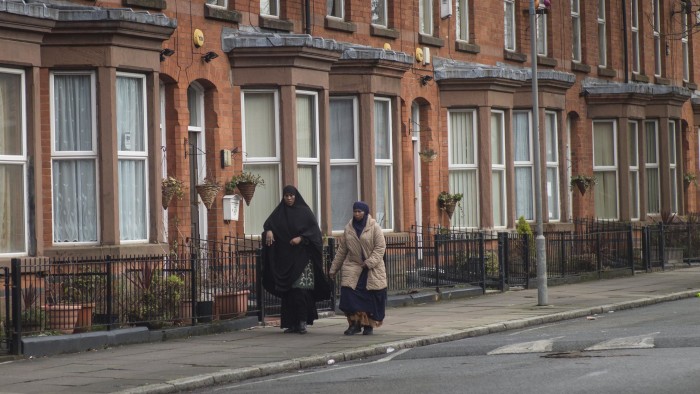Tories wrong to buy votes with housing


Roula Khalaf, Editor of the FT, selects her favourite stories in this weekly newsletter.
In contemporary politics, buying votes retail is, quite properly, illegal. But buying votes wholesale is not. Offering public money to specified groups is not wrong, provided the criteria used are persuasive. One can readily justify support for the poor, the sick, the elderly or the very young. But how can one justify handing over huge amounts of public money to people who happen to win the housing equivalent of musical chairs? One cannot. Yet this is one of the British government’s flagship policies. Its offer to tenants of housing associations of a “right to buy” is worse than a crime; it is a blunder.
This new policy descends from the right to buy local authority housing introduced by the Thatcher government in the 1980s. Under that policy, sitting tenants are entitled to a huge discount when purchasing the dwellings they inhabit. At present, the maximum discount is £78,000 outside London and £104,000 in the capital. Not surprisingly, the policy has been hugely popular with the beneficiaries. Nearly 2m houses have passed into private ownership over the past three decades.
I have long thought this policy highly objectionable. It is a direct transfer of large amounts of public wealth to a fortunate few. Only a silly fixation with public debt rather than the public sector’s balance sheet masks the scale of the transfers. This policy is also a part of the reason why local authorities stopped building new houses. In England, building of new houses by local authorities collapsed from 135,700 units in 1969-70 to 1,230 in 2014-15. This largely explains the fall in overall building from 306,870 units in 1969-70 to a mere 125,110 last year.
Now the government plans to take an axe to the remaining source of “affordable housing”: charitable institutions, known as housing associations. Construction of housing by these associations at least partially offset the decline in local authority housing, rising from 7,100 units in 1969-70 to 27,010 last year. Some 800,000 housing association tenants have long had a “right to acquire”, but the discounts they received if they took it up were fairly small. Now the policy is to be extended to 1.3m households, with discounts matching those given local authority tenants.
The government intends to fund the loss of housing associations by forcing local authorities to sell empty high-value homes. Yet it is doubtful whether this will work, since such housing is particularly unlikely to be vacant in areas with the highest house prices (and so the most commercially valuable local authority housing).
This is a flagship policy of a party supposedly devoted to both the market and careful stewardship of public funds. Yet it amounts to nothing less than the expropriation of private property. It would also shift important parts of the charitable sector’s housing stock into expensive private lettings, for the benefit of the lucky tenants turned landlords. According to Steve Howlett, chief executive of Peabody, a housing charity founded in 1862, only one in 10 of the social homes that have been sold has been replaced.
Currently London’s 15 biggest housing associations are responsible for 40 per cent of the new housing supply in the city. Under the new policy, this source of extra supply is surely going to collapse. Just consider: who is going to give large amounts of money to charities whose assets are in the process of being looted, at the behest of government?
In practice, it is quite unlikely that councils will reimburse housing associations for the full market value of lost property, as the government says they will. As important, it should not happen. Local authority funds are under enormous pressure from the government’s past and prospective austerity programme. To force them to use their scarce assets to fund such arbitrary gifts is unconscionable. Most significant of all, the programme will do nothing to solve the biggest housing problem, which is the lack of additional supply.
The feeble defence offered by the government is that it is helping people to fulfil an “aspiration” for home ownership. (In fact, there is no requirement that the acquired houses become owner-occupied.)
But far more important, Conservatives — of all the parties — should understand that it is not the job of the government to fulfil all the aspirations people possess, unless doing so responds to a fundamental social need. Providing selective transfers of resources to a favoured few cannot meet that fundamental criterion. This then is a corruption of policy making.
The government should think again. It will not. But it should.
. . .
Letter in response to this column:
Give private tenants a stake in property / From Peter Cave
Comments